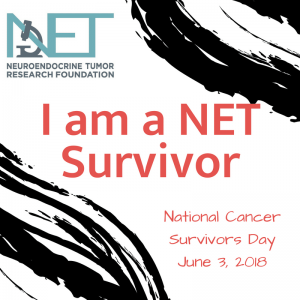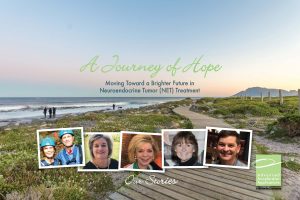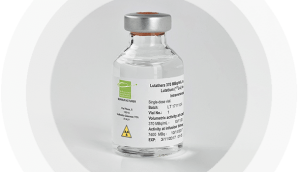
NETRF Works to Take PRRT to Next Level
The Neuroendocrine Tumor Research Foundation (NETRF) has invested more than $1.5 million in advancing a precision form of radiation therapy for NETs called Peptide Receptor
Make a gift before the end of the year to drive research breakthroughs in 2026.

The Neuroendocrine Tumor Research Foundation (NETRF) has invested more than $1.5 million in advancing a precision form of radiation therapy for NETs called Peptide Receptor

Summer sun safety tips for cancer survivors. The signs and symptoms of heat-related illness.

by Stacie Chevrier, NET Cancer Blogger Every Sunday on the O Network’s Super Soul Sunday, Oprah asks her guest, “What do you know for sure?” This

Dispelling Myths about Palliative Care The goals of palliative care according to Steven Pantilat, MD, University of California, San Francisco, are pretty straightforward—to do as

National Cancer Survivors Day is Sunday, June 3, 2018 Show you are a NET survivor and celebrate life, acknowledge those living with this rare disease,

After you’ve been told you had food poisoning or were in menopause, but you had cancer….how do you learn to trust your doctor again? NET specialist Pamela Kunz, MD, talks about trust issues between doctors and patietnts.

PRRT Patients Tell Their Stories Following the early 2018 FDA approval of the first Peptide Receptor Radionuclide Therapy (PRRT) using lutetium Lu-177 dotatate, many people are

by Ronny Allan, NET Patient Activist Doctors and scientists are always looking for better ways to care for patients with cancer; they are looking for

[breakout] Talk to your doctor before changing your activity level. You may need to make important modifications based on medication you are taking, surgery you

New treatment for GI and pancreatic NETs The U.S. Food and Drug Administration (FDA) has approved Peptide Receptor Radionuclide Therapy (PRRT) with a new radiopharmaceutical for